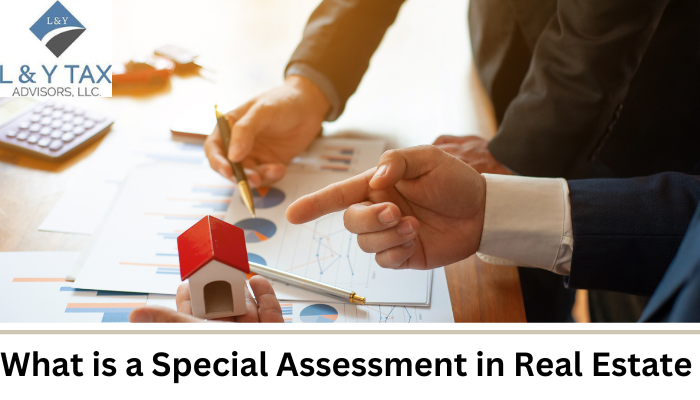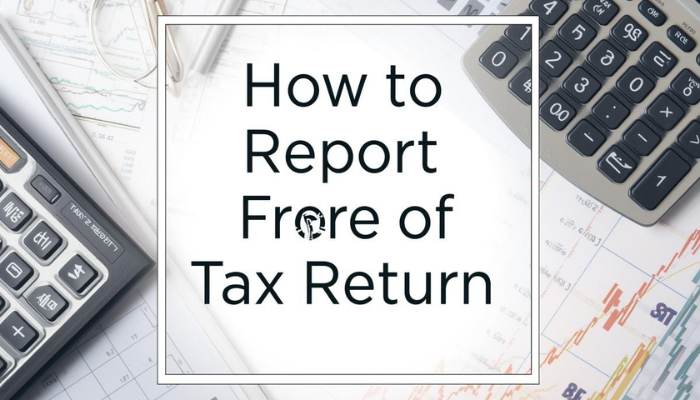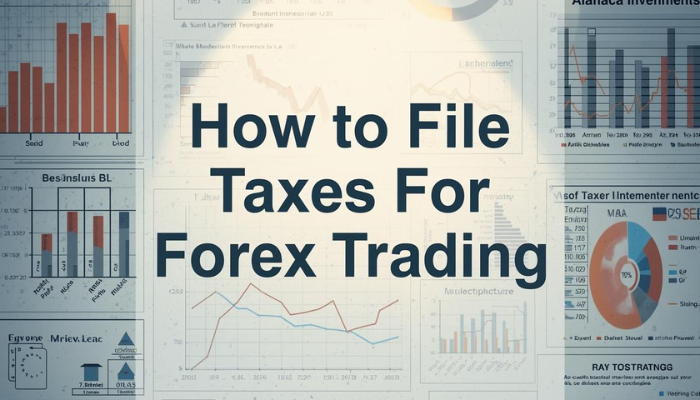
What is a Special Assessment in Real Estate?
Do you know what is a special assessment in real estate? In the real estate industry, a special assessment is an extra tax or fee. Homeowners’ associations (HOAs) or state or local governments impose this tax on property owners to finance public improvement projects. The aim is to directly benefit the properties in a particular region.
Property owners should be aware of this fee, as it can occasionally significantly influence their total spending.
What is a Special Assessment Tax?
Property owners in a particular area or “special assessment district” (SAD) are subject to a special assessment, municipal surtax.
When state or local governments decide that a particular region would benefit from upgrades like new water lines, street lights, or more police and fire services, they form these districts.
In contrast to regular property taxes, special taxes are non-ad valorem taxes. This means that they are based on not just property value but also the expected benefit that the development would provide to the district’s properties.
Read: What is a VAT number in the US?
What is a Special Assessment in Real Estate?
The HOA board usually imposes extra assessments on HOA communities if reserve funds are insufficient. These evaluations, which frequently require member approval, must be in accordance with the HOA’s governing documents. If payment is not made, the property may be subject to a lien or foreclosure.
Read: Do strippers pay taxes?
Key Entities That Impose Special Assessments
Special evaluations may be required by:
State and Local Governments
The state and local governments share large-scale infrastructure projects.
Homeowners’ Associations (HOAs)
The association may levy special levies on homes located inside HOAs to pay for significant costs not covered by monthly dues.
HOA special assessments frequently need member approval before being implemented. They can finance initiatives like community center improvements, landscaping, or repairs from unanticipated damages.
Get our tax consultancy services now.
Common Types of Special Assessments
Typical forms of unique evaluations include the following:
Infrastructure Projects
Infrastructure projects include building sidewalks, maintaining roads, and installing water and sewage systems.
Mello-Roos Districts (in California)
Bonds issued by property owners to support significant infrastructure projects are known as Mello-Roos Districts in California.
Public Safety Enhancements
Public property improvements include public spaces such as parks, plazas, and courtyards.
Public Safety Enhancements
Additional fire and police protection services.
Recreational Areas
Money allocated to specific communities’ parks, playgrounds, and pathways.
Read about property taxes on new construction.
How Special Assessments Are Processed?
District Assignment
A government agency chooses a special assessment district based on which properties stand to benefit from the proposed improvements.
Resolution Drafting
The organization invites property owners to a public hearing and crafts a resolution outlining the project’s parameters.
Public Hearing
Property owners cast their votes after reviewing the proposed improvements and related tax rates.
Tax Collection
If authorized, the agency imposes a specific tax, which appears on the property tax statement. Nonpayment may result in foreclosure.
How to Handle Special Assessments as a Buyer or Seller?
Handling special assessments requires careful planning and negotiation during real estate transactions. For buyers, it is essential to perform due diligence by reviewing property disclosures, homeowners’ association (HOA) documents, and local government notices to identify any current or pending special assessments. Understanding the financial obligations tied to the property can help buyers make informed decisions and negotiate terms accordingly. For sellers, transparency is crucial—disclosing any outstanding or upcoming special assessments upfront builds trust and prevents legal disputes. In some cases, sellers may offer to pay off the assessment in full as part of the sale agreement to make the property more attractive to buyers. Both parties should work closely with real estate agents, attorneys, or escrow officers to outline responsibilities for paying the assessment in the purchase contract, ensuring a smooth transaction and avoiding surprises after closing.
The Bottom Line
Both existing homeowners and potential purchasers must comprehend what is a special assessment in real estate. These taxes might increase homeowners’ financial responsibilities, but they guarantee that neighborhoods are equipped and maintained. Always check local laws or HOA regulations to be prepared for any potential special assessment expenses.
Contact L&Y Tax Advisor for further assistance.
FAQs About Special Assessments in Real Estate
What is a special assessment in real estate?
A special assessment is an additional fee or tax charged to property owners to fund specific local or community improvement projects.
Who pays special assessments?
Property owners within the designated area or HOA are responsible for paying the assessment.
Are special assessments tax-deductible?
Some special assessments may be partially deductible if they relate to property maintenance, but most improvement-related assessments are not.
Can a special assessment lead to foreclosure?
Yes, nonpayment can result in a lien or foreclosure, especially in HOA-managed properties or government-imposed assessments.


